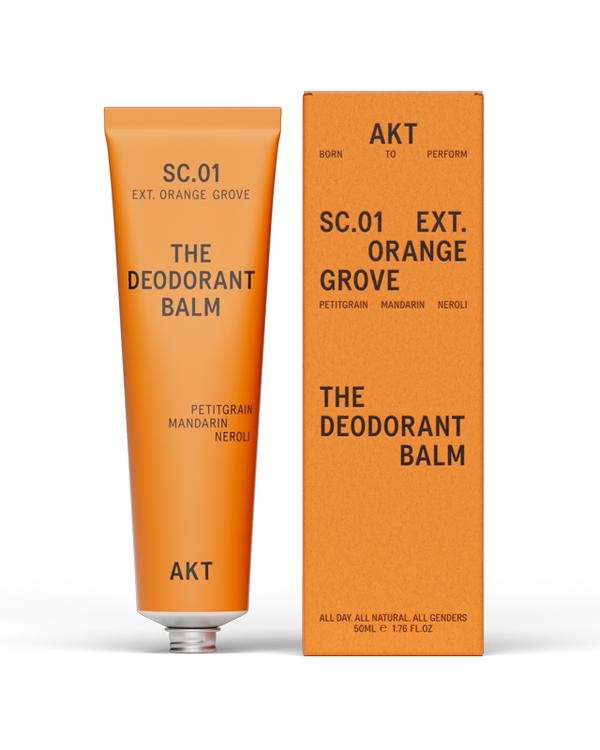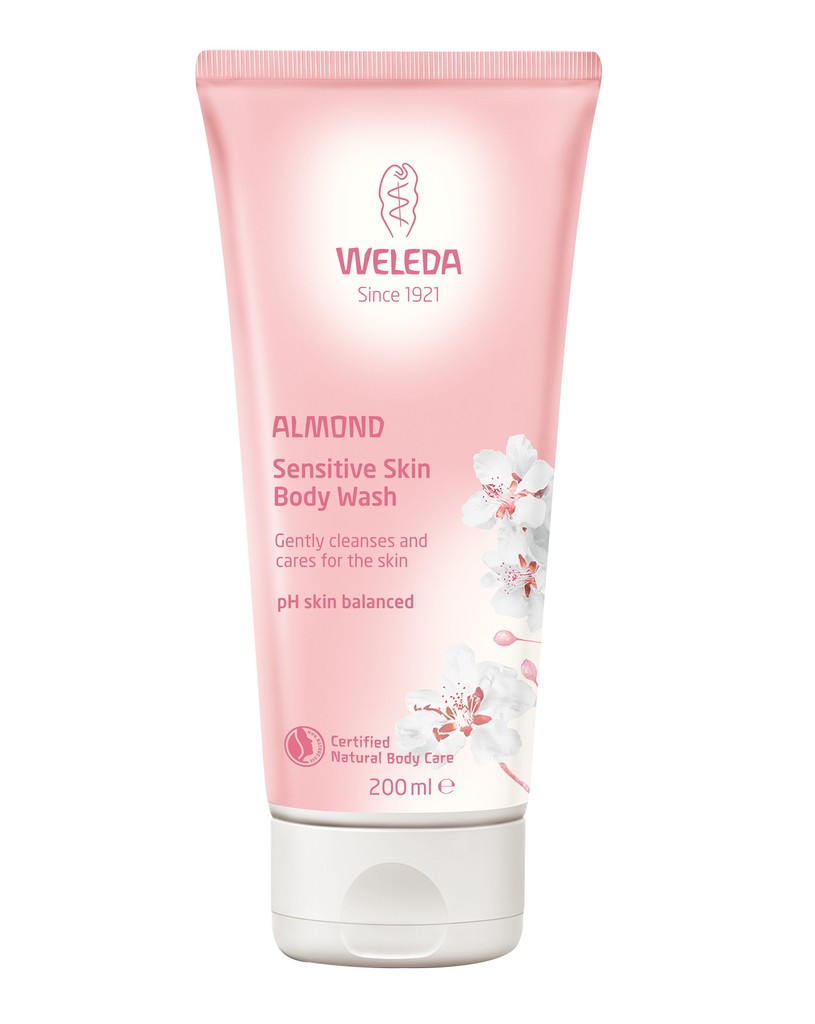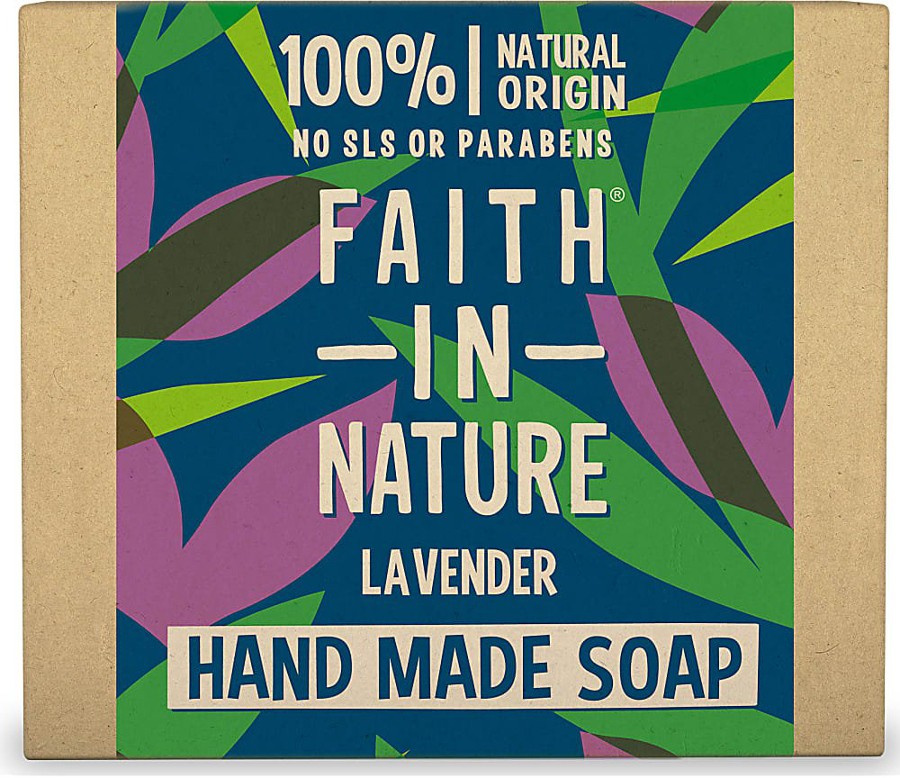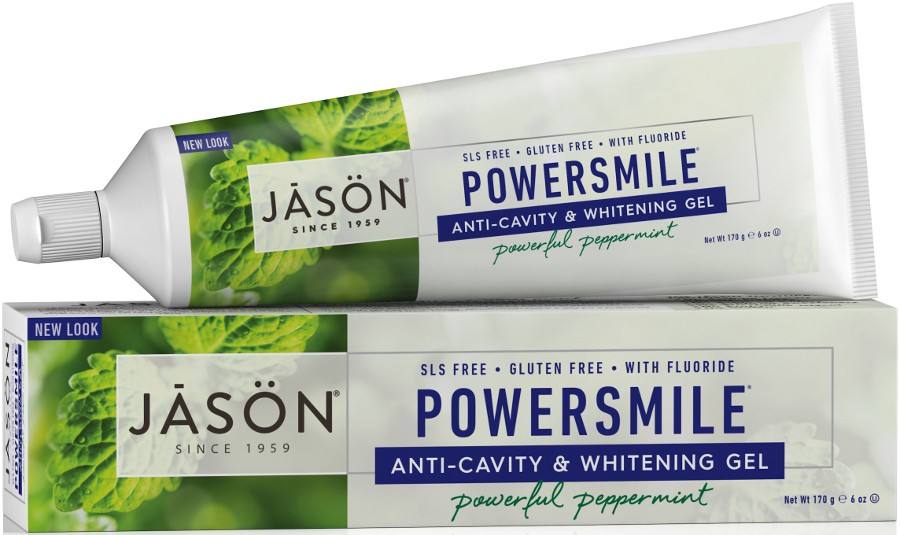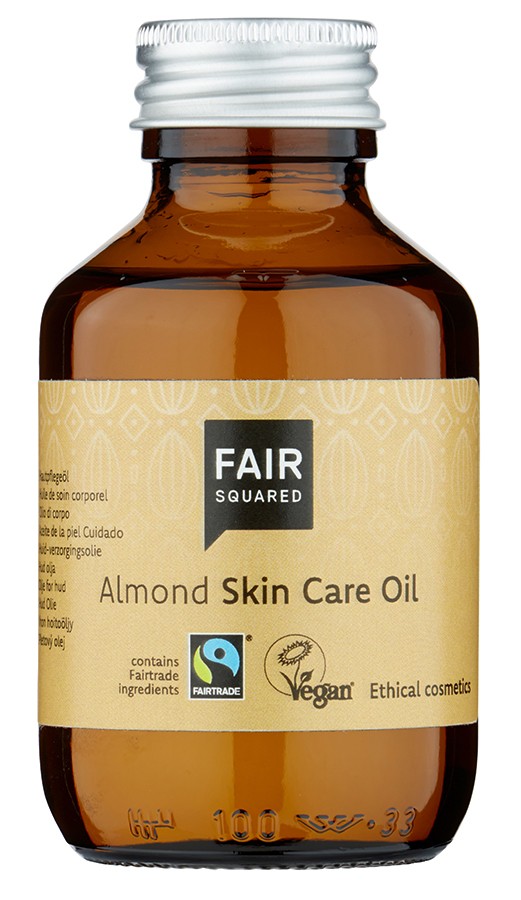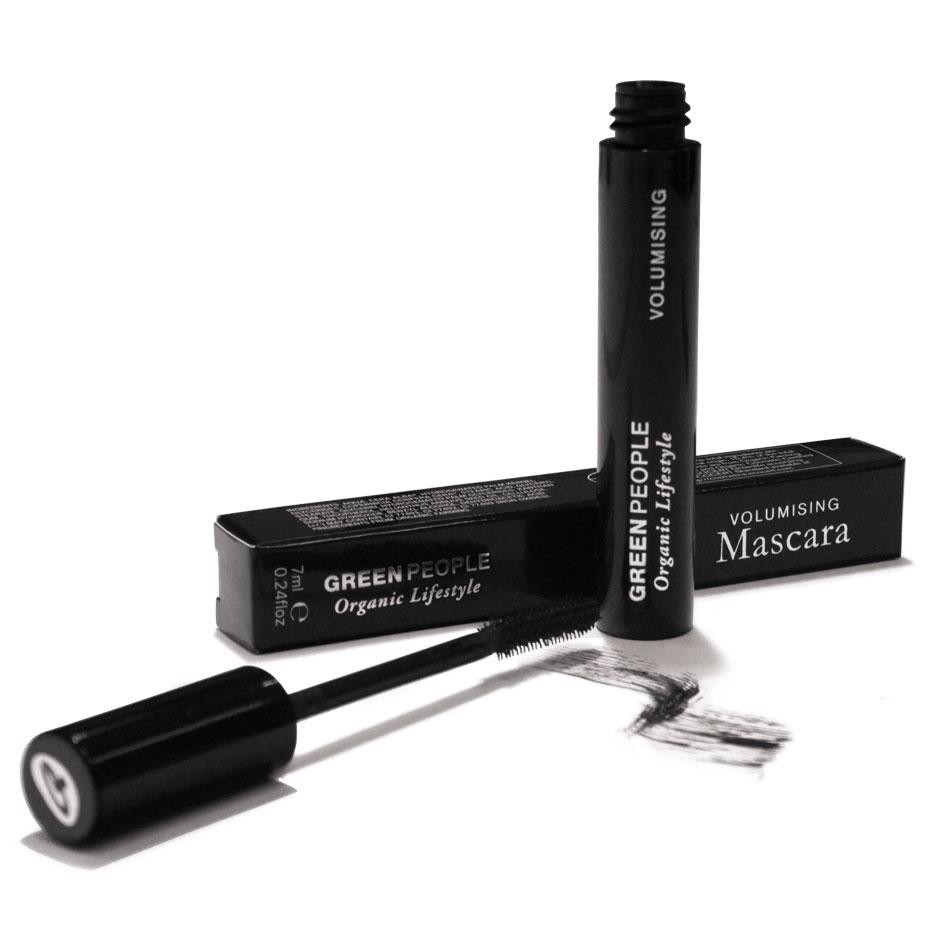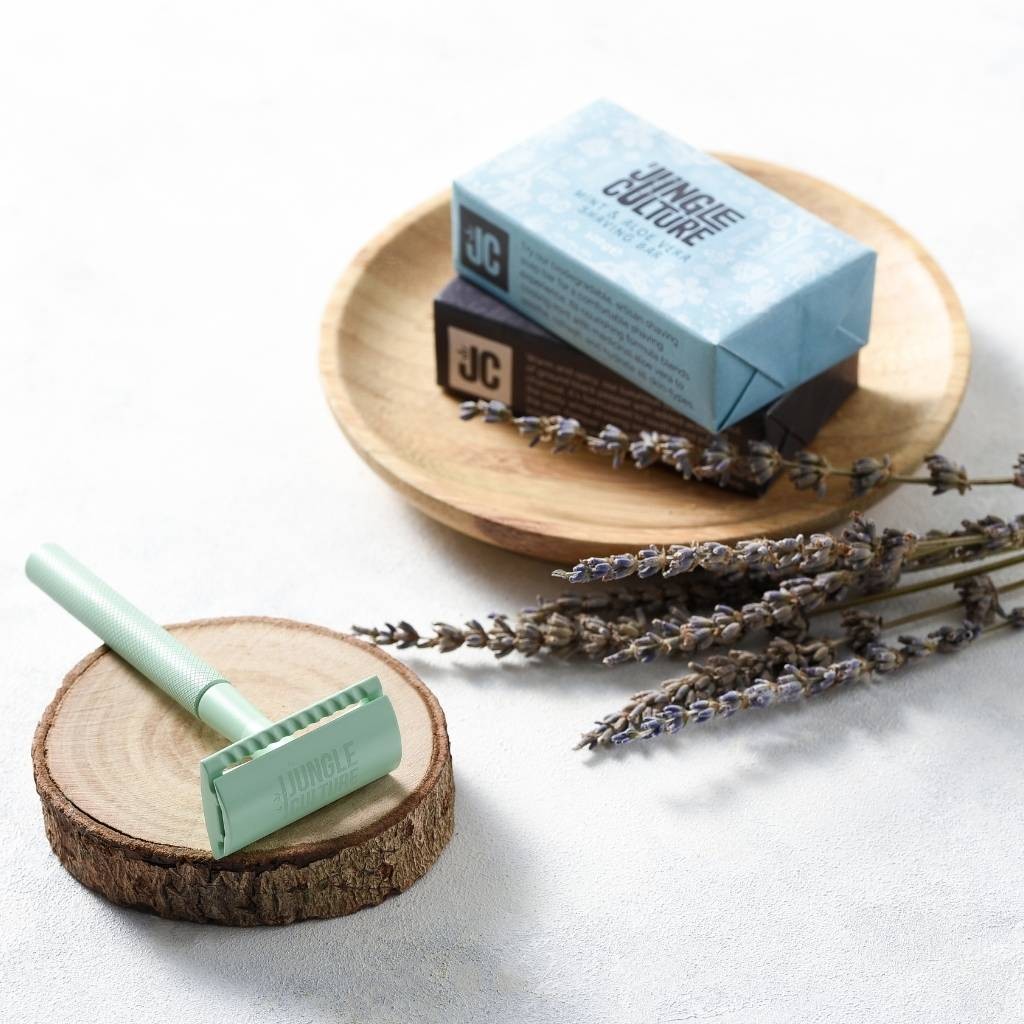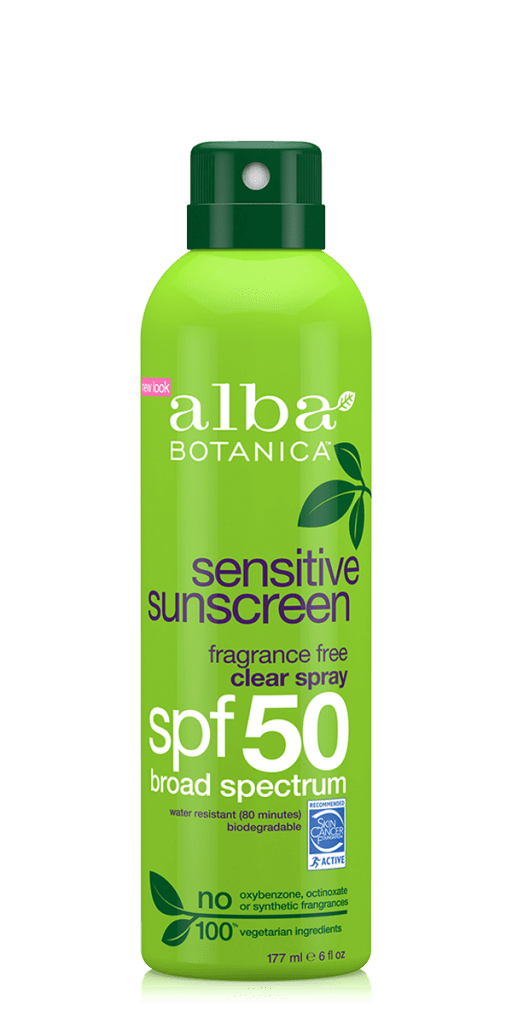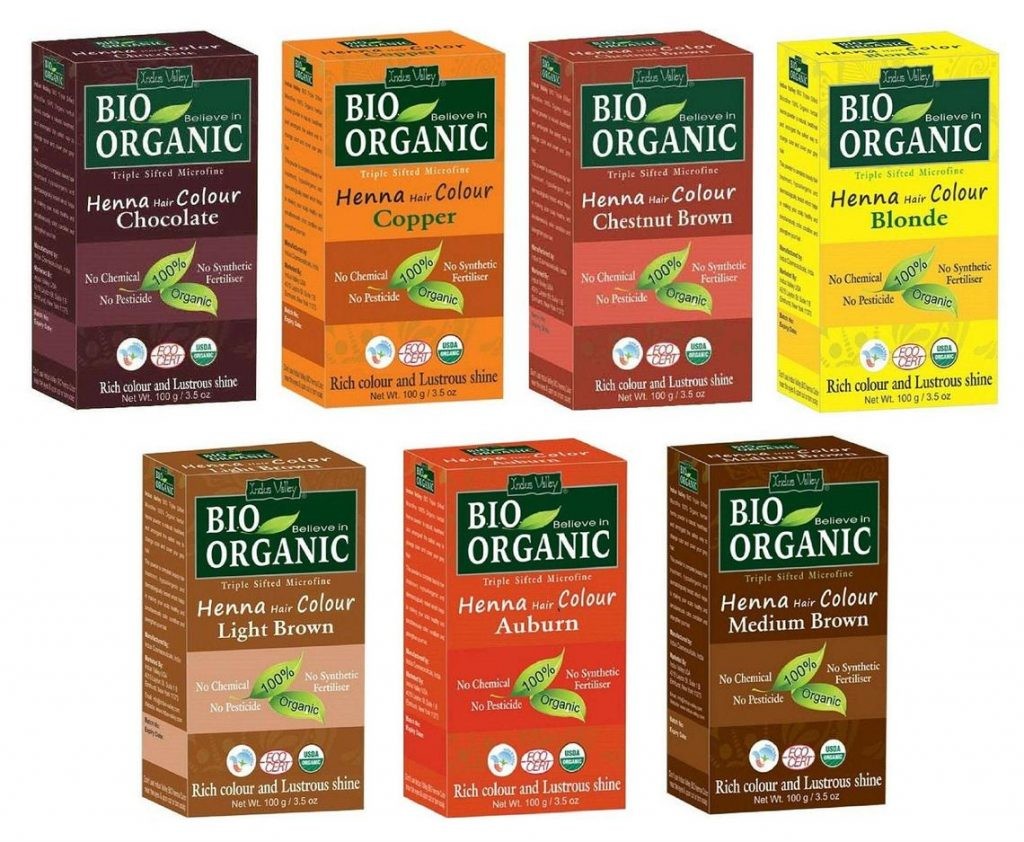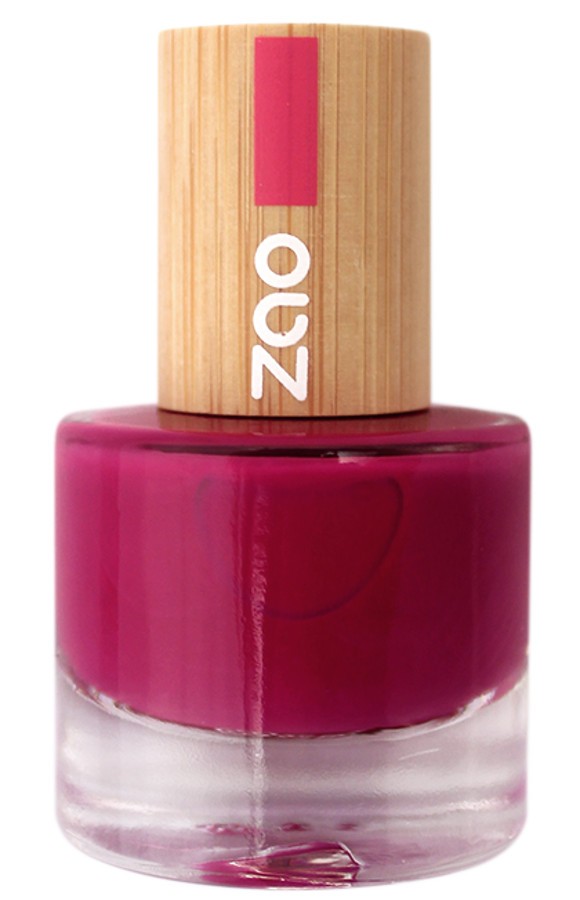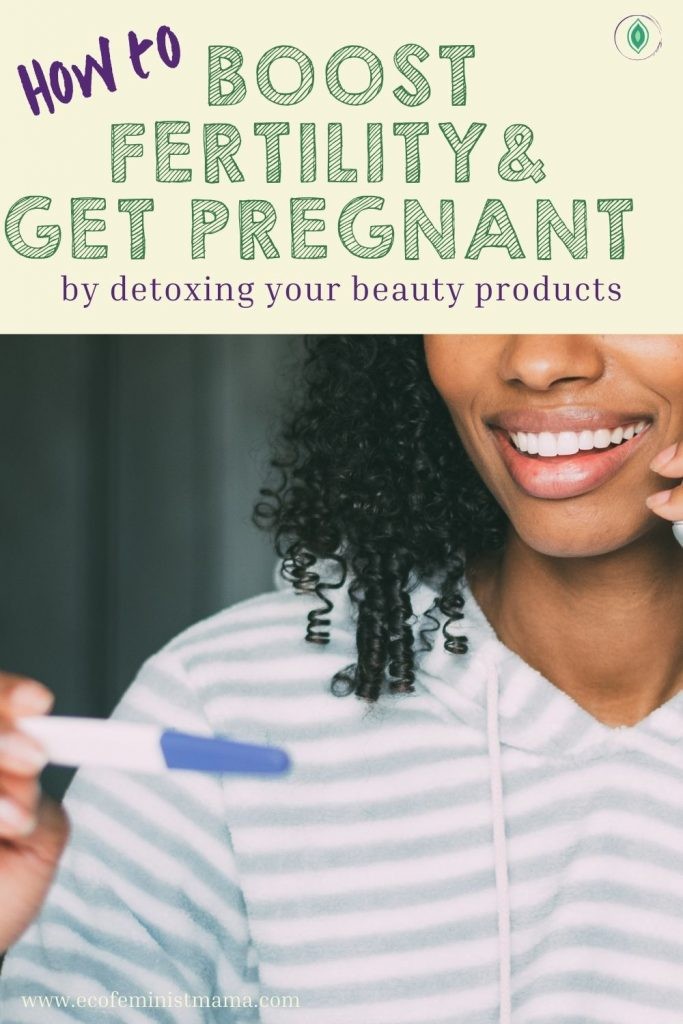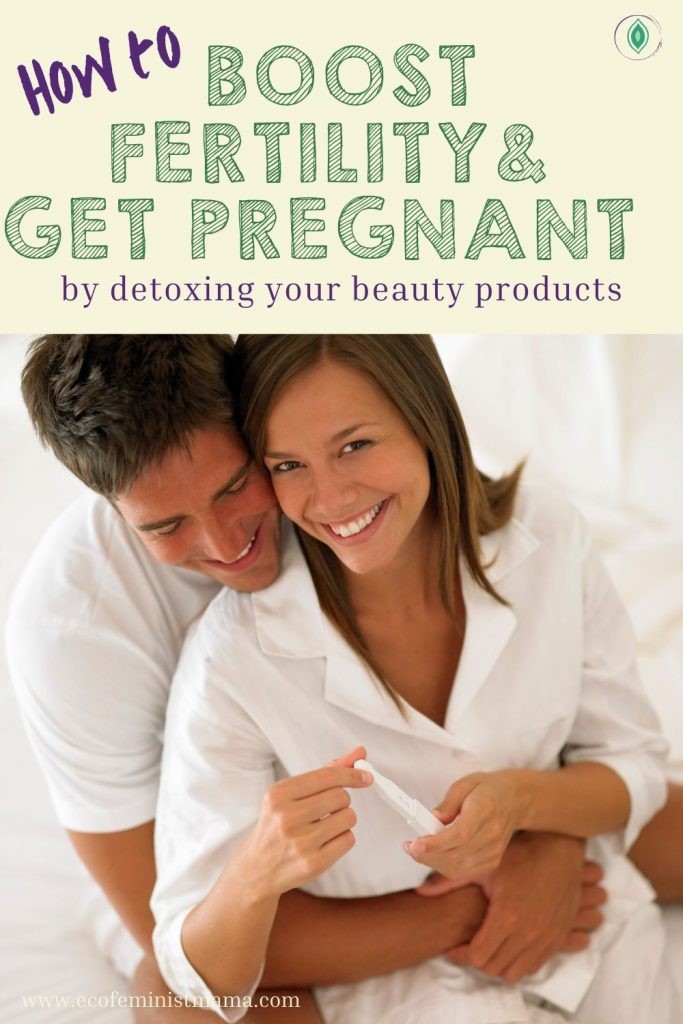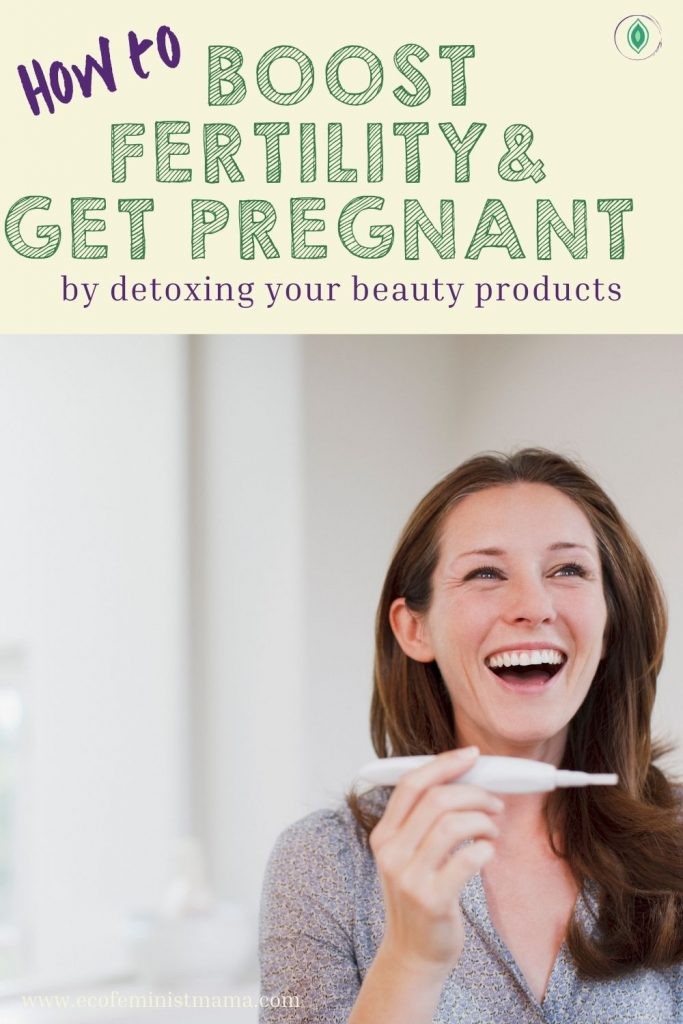In the 21st century, more and more women are deciding to delay starting a family (if they want one, of course – #notallwomen!) and focus on career at the point where previous generations of women would have been having children. This is largely due to the arrival of the Pill and other female contraception, as well as the wonderful advancements in women’s liberation made by the feminist movement. But it does have its downsides. In this article, I’m going to talk about how you can improve egg quality if you’re trying to have a baby a bit later in life.
In particular, I’m going to focus on how you can eliminate the toxic chemicals lurking in your bathroom that may be getting in the way of you getting that longed-for positive pregnancy test.
Table of Contents
BABY! This is a reusable block, so whatever edits you make in it will apply everywhere it is used. If you want to remove this disclaimer from a post then be careful to delete the parent block (type ‘Reusable Block’ – icon is lego brick), and not to delete the group, image and/or the paragraph blocks (cos then they’ll be deleted from every instance of the reusable block).
Disclaimer: This post contains ethical affiliate links that I genuinely recommend. I may receive a small percentage of any purchases you make as a result of clicking those links. This comes at no extra cost to you and helps me to run this site. Read my full disclosure
What causes poor egg quality?
First, let’s quickly look at what it means to have poor egg quality and some of the factors that may be causing it.
One fact that blew my mind when I was pregnant with my daughter was that a female foetus develops approximately 4-6 MILLION eggs by the time she is just 20 weeks in gestation. That means (assuming you’re female) that the beginning of the person that is you existed inside your grandmother when she was pregnant with your mother! The magic of life, eh?
Anyway, by the time we’re born we have more like 1 million and by the time we reach puberty we have approximately 300,000. This is what’s called your “ovarian reserve” and it’s basically the eggs you’ve got to work with when starting a family. There are no more to come, you don’t grow new ones despite the claims of some fertility bloggers I’ve read recently 🙄
As we age, our ovarian reserve gets smaller and smaller as a result of all the eggs lost during our periods. It’s simple maths that a woman in her late 30s or early 40s will have fewer eggs that a woman in her 20s.
Not only that, sadly the actual quality of the eggs reduces as we age. This is due to the inescapable fact that our eggs will have been exposed to various toxins over the years, some we chose to consume and some we didn’t. Alcohol, tobacco, caffeine, genetically modified food… all these are toxins many of us consume but which impact the quality of our eggs.
In summary, if you want to improve egg quality and have the best chance of a healthy pregnancy, cutting back as far as possible on all endocrine disruptors is a must.
Endocrine disruptors in cosmetics
Although most pregnant women know they shouldn’t drink, smoke or drink excessive amounts of caffeine during pregnancy, few know that they ideally should stop consuming these toxins altogether at least 3-4 months before trying to conceive. This is because an egg that will be ovulating in around 3-4 months time starts maturing and developing NOW. If you’re trying to conceive (TTC) at this moment, your chances of a successful pregnancy are heavily influenced by the lifestyle choices you made 3-4 months ago. If those choices included drinking alcohol, you may struggle to conceive due to the negative effects alcohol has on the reproductive system. This is because alcohol is what’s known as an endocrine disruptor – a substance that messes with the complex endocrine system.
Unfortunately this is not just the case for toxins we consciously choose such as alcohol or caffeine – endocrine disrupting chemicals are found everywhere. Endocrine disruptors play havoc with the body’s vital hormonal system and they have a devastating impact not just on fertility but on all aspects of our health and wellbeing. Check out this quick but brilliant little video from the Endocrine Society and Hormone Health Network. It’s a fantastic visual explanation of how certain chemicals harm the crucial endocrine system.
What are some examples of endocrine disruptors?
If you want to improve egg quality, there are many things you can do including getting rid of as many endocrine disruptors from your home as possible.
Here are some examples of endocrine disruptors that you’ll need to look out for in all your household products, but especially products that come into contact with your body.
Plastics, especially BPA
There’s been a lot of noise about BPA in recent years and how it negatively impacts fertility. Both female and male fertility can be impacted by exposure to the BPA found in many plastics, but now we find that even the “BPA-free” alternatives may be just as problematic.
If you really want to improve egg quality then cut out as much plastic as you possibly can. This is especially important when it’s plastic that comes into contact with your food, liquid or something that’s going on large areas of your body such as body lotion.
Phthalates
These nasty little endocrine disruptors are everywhere when it comes to personal care products. They are associated not just with fertility problems in terms of conception, but with pregnancy complications, foetal development and miscarriage. Nasty stuff – make sure your beauty products specifically state that they are phthalate-free as they can be found in more vague ingredients such as “fragrance” and “parfum”.
Parabens
Parabens are all over your bathroom products and they are associated with a number of health risks including diminished ovarian reserve i.e. they actively reduce the quality of your eggs. Since a successful pregnancy resulting in a live, healthy baby depends on high egg quality, you’ll be wanting to get parabens out of your bathroom cabinet ASAP!
Triclosan
This is a super tricky one in a post-COVID world where we’re all lathering ourselves up in antibacterial hand gel every other minute, but the active ingredient in most antibacterial products is a MAJOR endocrine disruptor called triclosan.
As well as being problematic for your fertility in the first place, the U.S. Food & Drugs Association (FDA) wrote: “A hormonally active compound that causes reproductive system disruption in the foetus or infant may have effects that are not apparent until many years after initial exposure. There are also critical times in foetal development when a change in hormonal balance that would not cause any lasting effect in an adult could cause a permanent developmental abnormality in a child” (FDA 2013)
In other words, triclosan could be having long-term negative impacts on babies in the womb and children growing up in a post-Coronavirus world. Another one to avoid.
Pesticides
Pesticides found in food, non-certified-organic beauty products and even our tap water have a devastating impact on fertility in regards to both conception and pregnancy outcomes. They are associated with a higher risk of miscarriage and birth defects, so start seeking organic. I am acutely aware that organic is more expensive though, so do what you can and prioritise products that you use often and apply lots of.
Toxin-free bathroom products to improve egg quality
If that list seems a bit daunting, I feel you! I recently went 100% natural and toxin-free with ALL my bathroom and home products and it’s been an intensive process – soooooo much label reading and Googling weird ingredients! I’m also vegan and fiercely cruelty free so I had a LOT of ethical boxes to tick.
Lucky for you, I did all that research partly so you don’t have to – here are my top natural bathroom products to replace your old toxic ones and help improve egg quality.
I’m in the UK so the main links are UK-based and personally recommended by me. BUT I’ve also done an alternative USA link for each product too as I know lots of y’all (can I get away with a “y’all” as a Brit??) are reading in the States so I want you to know I see y’all (not sure I can, no 😬)
Let’s go.
Deodorant
So full transparency here, AKT got in touch with me directly and asked if I’d like to try their deodorant balm in return for being an affiliate and writing about it on my site. They didn’t tell me what to write though and the following is my genuine experience of using their Orange Grove Deodorant Balm for just over a month.
I have to say I was sceptical at first. When I tried some natural deodorant back in the day when everyone was starting to worry about aluminium and breast cancer, it was NOT a good experience. I swear it actually gave me B.O! So I decided I’d take the risk, go back to my regular brand and that was that.
That was in my 20s when I was single and not planning on ever having kids. Now I’m looking at my 40th birthday coming round the bend and desperately wanting to preserve my fertility, so I’m up for pretty much anything.
My first few days of using AKT it became clear that I had absolutely nothing to worry about it terms of its effectiveness. I actually had a driving lesson on my first day so was super conscious about how I was smelling being in close proximity to my instructor, but I felt completely dry and odour-free.
AKT also doesn’t smell like you’re wearing a fragrance of any kind. After applying it, I find it kind of neutralises somehow. It feels very different to traditional deodorants that just cover up and suffocate your skin. Traditional deodorants block your sweat ducts whereas AKT uses a formula called Deo-Barrier Complex™️ to absorb your natural perspiration and you really do feel that difference – my skin breathes after application, which is very quick and simple.
To apply, just squeeze a small amount on your finger, rub it in and it absorbs really quickly. And to give you piece of mind, the ingredients you are absorbing are all-natural and toxin free – none of the nasty stuff we were talking about earlier and everything is vegan and cruelty free. Their packaging is also 100% plastic-free, which is very rare. There is one compromise there in that you have to pierce the metal film on the tube yourself rather than use a pointy plastic bit like you find on many toothpaste lids. But I just grabbed a pen, quickly stabbed a hole in the metal film and moved on with my life. No biggie.
I’m also impressed with how long it’s lasting. Like I said, I’ve been using it for just over a month now and I have stacks left. Their website says it will last you 6-8 weeks but I reckon mine will go to more like 12 weeks from the looks of things.
Another bonus is that the branding and fragrances are deliberately ungendered, or gender-free. This makes it incredibly accessible to anyone who doesn’t particularly want to smell like a florist’s shop! I tried the Orange Grove flavour, which has a lovely earthy aroma that is completely unlike that sharp, artificial citrus smell you often find in orange scents. This is much more subtle and natural – not what I was expecting at all, which probably just goes to show how used to artificial scents I’ve become 😬
All in all I highly recommend trying out AKT Deodorant Balm as your first choice of natural deodorant when trying to eliminate toxins and improve egg quality. They give you 10% off your first order if you sign up to their newsletter and it feels like a mini-event when it arrives, too – it’s so wonderfully packaged and you feel like the company really takes pride and care in what they do.
You can also arrange a subscription once you’ve tried and loved it (that’s what I’ll be doing once I’ve run out of my freebie), which will save you 15% and giving you free shipping. They do ship to the US too, although not currently to the EU due to post-Brexit trading complications #DontBlameMeIVotedRemain.
Let me know if you try it, I’d love to hear what you think!
Body wash
Weleda have been way ahead of the curve for nearly a whole century doing this natural, non-toxic thing. They were founded back in 1921 by none other than Dr Rudolf Steiner (of Waldorf Education fame, for you outdoor learning lovers) and an extraordinary woman called Dr. Ita Wegman, a pioneer of women’s medicine. Together they developed what they called “anthroposophic medicine“, a holistic approach that takes the whole person into account when treating them.
With those kinds of credentials, it’s no wonder Weleda know what’s what when it comes to natural health and beauty products. They’re 100% certified natural, use organic ingredients, are cruelty free and usually vegan as standard. They also have an in-built philosophy of working in harmony with nature and have ecological sustainability at their core.
Any of their products that catch your eye are going to be perfect for helping improve egg quality through a non-toxic lifestyle, but I personally love the luxurious almond body wash. For future reference, I was also a big fan of their baby products if your current conception plans become a reality!
For my US readers, Weleda body wash is available HERE.
Soap
If body wash isn’t your thing, or you’re wanting to make sure you’re completely plastic-free, then the Faith In Nature range of soaps are for you. They’re free from all the big nasties above like triclosan, parabens and phthalates, plus they score a few more ethical Brownie points for good measure such as being free from palm oil.
Personally I’m enjoying the dragonfruit and coconut scents right now and am looking forward to trying out the rest of the range.
For my US readers, a good looking equivalent seems to be Mild By Nature – let me know if you try it out so I can let readers know if it’s a good choice!
Toothpaste
Here’s where it gets a little bit controversial, as there’s a raging debate over whether or not fluoride is made by the actual Devil.
If I’m perfectly honest with you, I haven’t gone in-depth enough into the research to be able to form a solid opinion on it. What I do know is that all dentists and the National Health System here in the UK recommend using a toothpaste with fluoride in it. I figure dentists know a lot more about teeth than I do, so personally I’m sticking with them until I see compelling evidence otherwise. Feel free to send that evidence to me as I’m always open-minded!
Anyway, for those on the Fine-With-Fluoride side of the debate, an otherwise-natural toothpaste is actually quite hard to find. Most of them are proudly fluoride-free but Jason Powersmile toothpaste is an exception. Again it’s free from parabens, phthalates and all the bad stuff.
If you’re anti-fluoride, I’ve heard great things about GeoOrganics which has the added bonus of being plastic-free.
US readers can find Jason Powersmile HERE (with fluoride) and one of their fluoride-free toothpastes HERE.
Moisturiser
Moisturiser is quite a personal thing that depends on your skin type and unique preferences, so I’ll just tell you what I’ve switched to. I have fairly normal skin so hopefully it will give you a starting point.
My first stop was trying to make my own face moisturiser, so I searched for a DIY anti-ageing face cream (I know, I know, there’s no such thing as an anti-ageing product. But I’m not immune to society’s pressure for women to stay looking young!)
I found this excellent recipe from A Greener Life with luxurious ingredients such as shea butter, cacao and Vitamin E oil. It was simple to make and smells divine.
I did, however, find it too oily for my face so I use it as a post-shower body butter or for cracked heels. It’s very excellent for both of these uses so I reckon if you suffer from very dry skin then it might work as a facial cream for you.
So I now had a body moisturiser sorted but what about about a facial moisturiser? Well I’ve actually decided to just keep it very simple and use pure organic almond oil with a few drops of frankincense essential oil. Frankincense is allegedly a good oil to use for promoting smooth skin, although to be perfectly transparent there’s not much in the way of science to back that up. I’m very happy with this combination, though, and I’ll be carrying on with it. I certainly think it’s the one of the most economical options out there.
If you’ve got a bit more budget though and prefer your face creams pre-made, take a look at the range of natural moisturisers from Ethical Superstore and pick one that suits your skin type. Make sure to check their excellent ethical tags system to ensure they are free from all the chemicals we’re trying to avoid.
US readers can find organic sweet almond oil HERE and organic frankincense oil HERE.
Do get in touch with your non-toxic skin care recommendations for your skins type so I can do a more in-depth update!
Make up
Again, make up is a very personal choice based on your personal preferences and style. For me, once I’d learned how damaging these major toxins are for fertility, I just stopped wearing make up altogether. But then I’m a busy mum who doesn’t have much time for make up anyway, so barely wore any as it was.
If you’re someone who recoils in horror at the idea of leaving the house without make up… well, I’d like to lovingly suggest you take a look at that!
But if personal development’s not your thing then Green People Organics have a lovely natural organic make up range.
I must be honest though, I’m disappointed that they only seem to do foundation and powder shades for paler skin. Nude By Nature has a better range of foundation tones, but I’m afraid I’ve struggled to find anything for dark skin.
If you come across a natural organic range that is suitable for my BAME readership please let me know. It’s a sad fact of the natural and organic industry in general that consumers are assumed to be white. It’s something that very much needs to change as going non-toxic and eco friendly should be an option for everybody.
Anyway, rant over.
As for investment, the reality is that organic natural makeup is more expensive. I’d recommend starting by replacing what you’re running low on first and/or prioritising the products that cover large areas of skins such as foundation.
If you are tight on funds, you could then compliment organic natural foundation and powder with more budget-friendly products such as Barry M, many of which are at least parabens and phthalates-free. It’s not perfect, but again we need to do what we can within our means .
For readers in the US, I’ve heard great things about Beautycounter, which makes sure over 1,800 toxic ingredients are never used in their products.
Razor & shaving bar
Now, I know I’m an ecofeminist and I’ve been encouraging you to try going au naturel with some of these recommendations – but even I’m not ready to give up shaving!
I know I’m probably a victim of patriarchal social conditioning blah blah blah…but honestly, I didn’t shave for months after my daughter was born simply because I didn’t have/make the time and I HATED it! I just don’t feel good in a hairy body #sorrynotsorry
If you’re like me and want to ditch the toxic shaving gel or foam and improve egg quality without ditching the nice smooth legs, I can highly recommend the safety razor and aloe shaving bar from the lovely folks at Jungle Culture. They gifted me a set and I am genuinely impressed. The razor is very easy to use and gives an extraordinarily smooth cut, as it uses proper (recyclable) razor blades. It comes with a little organic cotton and jute pouch to keep it in too.
Meanwhile, the shaving bar smells lovely and lathers up really well which was my main concern about moving away from shaving gel.
My legs honestly felt so smooth and the razor managed to get into the hard-to-reach nooks and crannies like around the ankle. They’re a new independent business and seem genuinely lovely so give them a whirl – I honestly can’t recommend them highly enough.
US readers can find a similar safety razor HERE and all-natural handmade shaving bar HERE, both available on Etsy.
Sunscreen
This is a really important one, since sunscreen goes allllllll over your body and is usually absolutely jam-packed with fertility-killing chemicals.
If you want to improve egg quality and it’s summer where you are, you’ll need to make a change.
At the time of writing, we’re having a lovely (rare!) warm sunny spell here in the south of England and I’m loving Alberta Botanica sunscreen. I have super pale skin that burns very easily and I don’t particularly want a tan, so their high 50 SPF option is perfect for me.
If you have darker skin or actively want a tan, they’ve got an SPF 30 option as well. Both are fragrance free, cruelty free and vegan, and of course don’t use any of the toxic chemicals we’re looking to avoid.
Good news for US readers, too. It’s made in the States so it’s easy for you to get hold of. iHerb have the Alba Botanica range available HERE.
Hair dye
If you use home hair dyes to colour your hair, I strongly suggest you consider either giving that up or at least switching to as natural an alternative as possible. Hair colourants, whether out of a box at home or used in the salon, are highly toxic and the proximity to your face means you’re breathing those chemicals straight into your body. They’re also being absorbed by the skin on your head, so it’s a double whammy. Again, I’ve just stopped colouring my hair and am happy to be returning to my natural colour, but I appreciate you might not want to do that.
Be wary of any old hair dyes claiming to be natural, though. Many are still full of harmful toxins even if they have some natural ingredients. You can use an amazing tool created by the EWG called Skin Deep to check just how toxic a beauty product is.
Personally I’d recommend going for pure organic henna. Last time I used it I remember it being rather messy so be prepared with protective gloves and clothing, but it’s certainly the most natural option. Readers in the US can find various organic henna options HERE.
Nail polish
And finally, let’s talk nail polish. Pretty as it is, nail polish is stuffed full of nasty chemicals that seriously impact fertility. So much so there’s even a massive problem with workers in nail salons having major health problems including infertility. The main causes are what’s known as the “toxic trio” of formaldehyde, toluene, and dibutyl phthalate, all of which are endocrine disrupters.
Again, keep in mind there is always the option of just not painting your nails. The way I see, what do I want more? Pretty red toe nails or a baby? I’ve personally really enjoyed my non-toxic journey partly because it’s taken me out of my comfort zone with my body while I’ve gone all natural. But, just like I’m still not planning to give up shaving any time soon, I know painted nails can be hard to let go of for some people, so here are some less toxic options. to help you improve egg quality.
Zao do a lovely range of colours that are free from the toxic trio, as well as being parabends-free, organic, cruelty free and vegan. They also do a nail polish remover, which is something else you’ll be needing.
Readers in the States, take a look at the Dazzle Dry range of non-toxic nail lacquers – there are some seriously yummy shades in there so fingernails crossed you’ll be able to have both the pretty nails AND the baby soon!
So there you have it. I hope you found my guide to how to improve egg quality with your bathroom products helpful. Again, please do let me know if you try out any of the products above and I’m always happy to hear from US readers who have direct product recommendations to help make this a good resource. Meanwhile, check out my article Getting Pregnant Fast & Naturally for more tips to help you on your TTC journey and download my guide to vegan pregnancy nutrients to help clean up your diet.
Wishing you all the best and I do hope you get that positive test soon.
